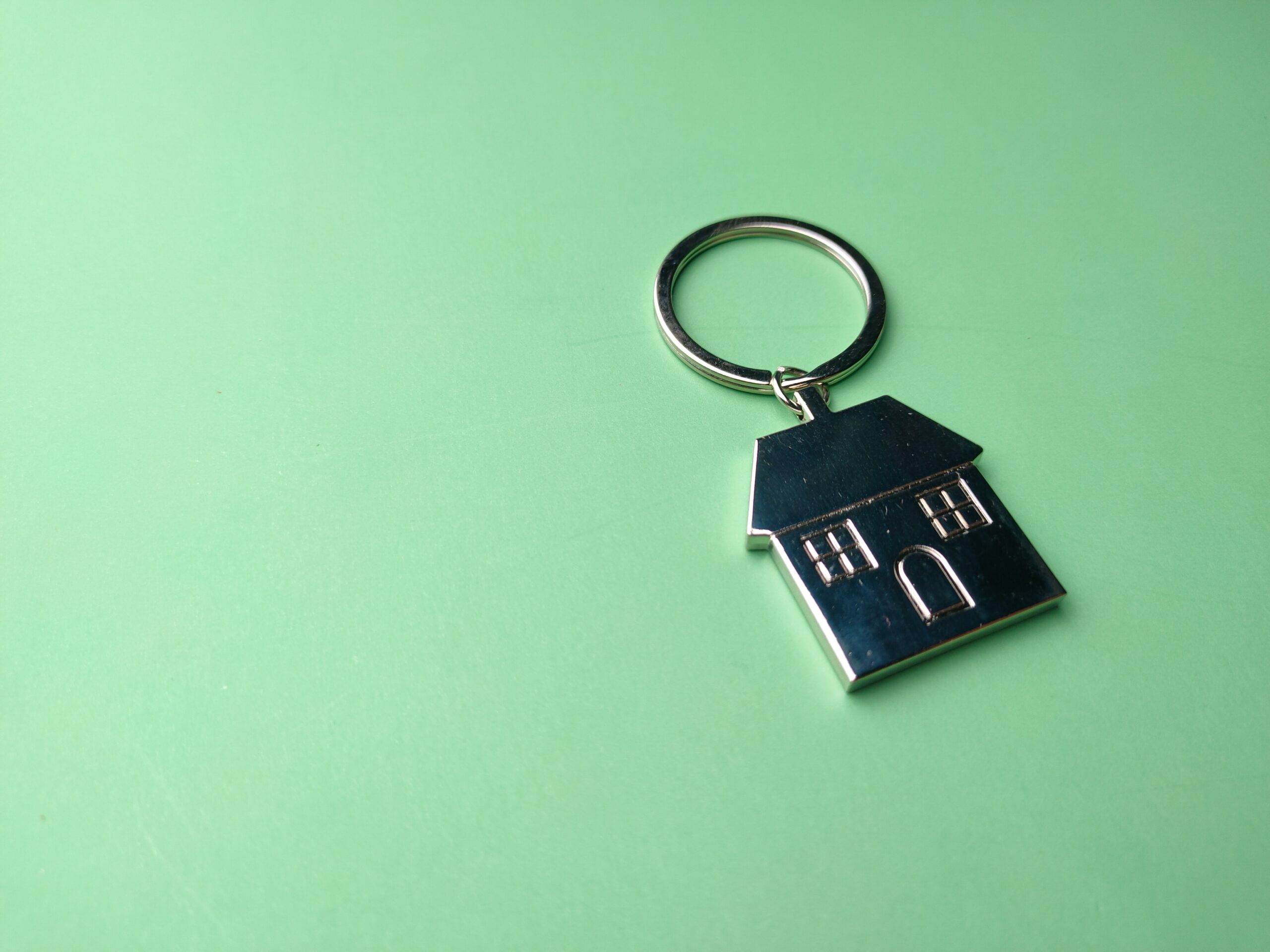
In a perfect world, every real estate transaction would go off without a hitch – buyers and sellers would shake hands, the money would change hands, and keys would be exchanged with a smile. Unfortunately – cue the record scratch – we don’t live in that world, and sometimes, disputes arise during the escrow process.
When this happens, there is lots of finger-pointing and plenty of arguing. So, what happens next? Who holds the money, and how will both parties ultimately resolve the issue?
What Causes Escrow Disputes?
One of the most common reasons that escrow disputes arise is because of failed real estate transactions. When the real estate deal does not go through for one reason or another, the next key question is what to do with the escrow money. Often a large sum of earnest money is deposited in escrow and both parties want what’s rightfully theirs. The dispute may escalate because the buyer and the seller can’t agree on the release of funds or the fulfillment of certain terms in the contract. Essentially, it’s a disagreement over whether the conditions required to close the transaction have been satisfied.
Disputes during escrow can happen for various reasons, including:
- Inspection issues – For example, the buyer may request repairs or a price reduction based on issues found during a home inspection, while the seller disagrees.
- Financing problems – The buyer’s financing may fall through, which causes delays or the inability to complete the transaction.
- Title issues – The title search may reveal that there are unresolved liens or other problems that make the buyer hesitant to close.
- Contractual disagreements – Misunderstandings or disagreements over specific contract terms, such as who is responsible for certain costs, can lead to disputes.
Regardless of the reason, an escrow dispute typically means the process comes to a screeching halt because the escrow agent won’t release any funds until the dispute is resolved. Typically, this comes down to evaluating the facts of the purchase agreement. A real estate attorney is best qualified to guide buyers and sellers through an escrow dispute while complying with state laws governing real estate transactions.
How to Handle an Escrow Dispute
If you find yourself in an escrow dispute, take a breath and consider your options. We encourage you to lean on professionals who are skilled negotiators and legal experts. Some of the most common approaches for resolving escrow disputes begin with negotiation and work their way up to mediation, arbitration, and litigation if going to court becomes absolutely necessary.
Often, the quickest and simplest way to resolve an escrow dispute is through direct communication and negotiation between the buyer and seller. A minor misunderstanding about the inspection report or repairs can sometimes be easily resolved if both parties are willing to compromise. At the end of the day, everyone wants to close the deal, so finding a middle ground can often be just the solution.
Contact our Team at Sirulnik Law and ADS Title Services
While no one plans for an escrow dispute, they can and do happen. Take steps to ensure you have a clear and detailed purchase agreement, including any contingencies, timelines, and details about who is responsible for certain costs. The more specific and detailed the contract – and the more transparent you are during negotiations – the less room there is for misinterpretation and disputes. What’s more, you can take additional steps to mitigate your risks and protect your interests and assets by turning to our team at the Law Offices of Alex D. Sirulnik, P.A. and ADS Title Services, Inc.
To learn more about how we can help you during every step of the real estate negotiation and closing processes, contact us to request a free consultation.



